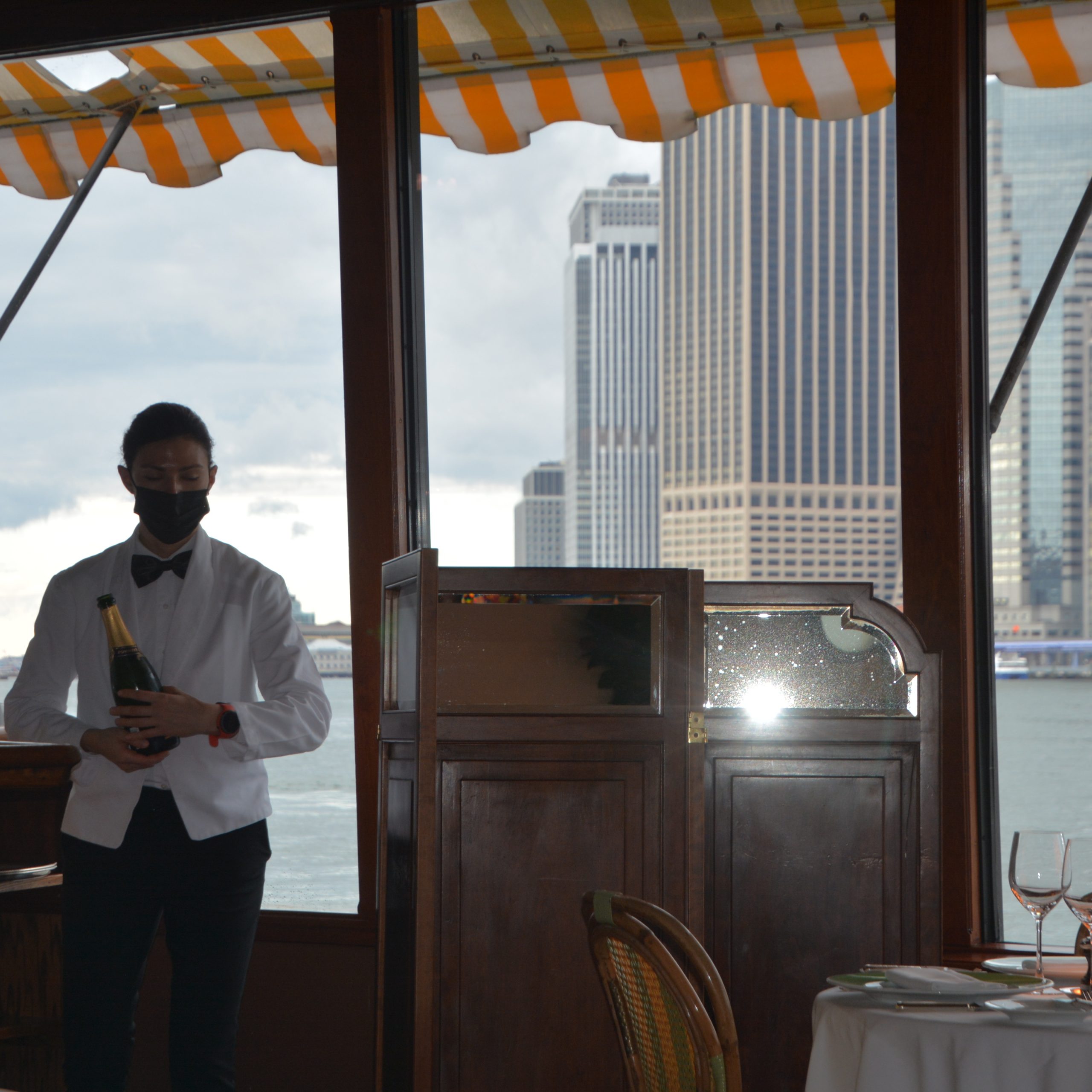Try as I may, there is no escaping the compulsion to write about the pandemic. This story has more legs that you can count like a huge centipede that just keeps on growing.
Last week I came across a piece in The New York Times saying that consumer spending is way down and that since it typically makes up about two-thirds of the economy, there is worry that our economic slowdown may become extended. It said the value of FRUGALITY, which blanketed a generation following the Great Depression, may be embraced by America and that’s bad news for malls, restaurants, local stores, gyms, nail salons, clothing makers, shoe manufacturers etc, etc, etc.
Whether you’re a Democrat who likes to wear masks or a Republican who likes to make money, you are undoubtedly spending less time shopping and it’s dawned on you that you really don’t need that new pair of shoes. Let’s face facts: There is nowhere to go anyway so why not just keep on your old slippers and enjoy a cup of tea in front of the TV.
In 1890 a guy called Sigmund Freud came along and developed a theory on human nature which said we are dictated by only two essential drives, which he called our life wish (sex) and our death wish (aggression.) He thought that all activities created by human culture are based upon efforts to sublimate or channel these two instinctual drives. Our need to randomly exploit or kill our fellow man gets channeled into competitive sports. Our need to have endless pleasurable sex gets channeled into buying attractive clothing, eating good food, consuming sweets, painting or listening to fine music.
But if Freud had been born 100 years later and were alive and working today, I guarantee he would not have geared his theories toward sex or aggression. There can be no doubt that he would have been more focused on issues we call narcissism and, to put it in economist’s lingo, conspicuous consumption. Conspicuous consumption is the driving force behind the American economy. We buy in order to show off, not out of need. If I never bought another stitch of clothing, I would still be clothed for life.
We have become conspicuous consumers based upon the Constitution, which clearly declares that “all men are created equal.” This puts all Americans in a situation whereby they must spend their life proving that contrary to the Constitution, they are not equal to their neighbor but actually better than them. Social hierarchy and therefore social class is every bit as biological as sex and aggression.
Conspicuous consumption is a term coined in 1899 by the sociologist Thorstein Veblen in his book “The Theory of the Leisure Class.” He wrote about the nouveau riche, who had developed a tendency to spend lavishly in order to establish their newfound status. As time went on, the middle class in America gained in discretionary income and the habit of conspicuous consumption entered their social strata. We work and we spend in order to display power, social identity, social status and worth. We work and buy to establish our place in society.
This process is the fuel that drives the American economy and I don’t see it evaporating any time soon. If Americans lose their sense of status seeking and are unable to display wealth, they will be forced to find meaning with a return to either religion, philosophy or literature. And the chances of this occurring are slim.
Let’s use an example. To show what I mean, if you are a woman, you may enjoy a feeling of triumph and status with the purchase of a nice Louis Vuitton handbag ($4,000) and displaying it at dinner in the River Café ($450: total cost $4,450) If you’re a man, you might like to feel status with the purchase of a Ferrari ($260,000) and driving it to the club next weekend (club fees approximately $32,000 per year; total cost $293,000. ) One can see right away that this urge costs more for men than women, but that’s another story for another day.
If FRUGALITY is truly embraced in America, thanks to the pandemic and loss of discretionary income, here is what you will have to do. You must go out and purchase any one of a number of great masterpieces. Let’s say you buy “Les Miserable” by Victor Hugo. The cost is dirt cheap at Barnes & Noble since it’s found with all the other classics on a table in the back and are all priced very low. Maybe $9. The book is rather lengthy — maybe 746 pages with about 655,000 words and takes about 13 hours to read. But if you do take notes and read it carefully, you can name-drop a few of the story points during any dinner conversation and this will immediately establish your social standing perhaps even more than the Ferrari will.
You might ask how does one name-drop a reference to “Les Miserable” during dinner talk. Let’s say the dinner conversation is about how depressing the cold wet weather is this time of year. You can say something like “that reminds me of the time Javert was so depressed at the end of ‘Les Miserable’ that he jumped into the Seine.” Granted the other diners may look at you blankly, but you can go on to explain his guilt feelings and I bet your social status meter will jump up a bit. The book only cost you $9 vs. the $260,000 the Ferrari will set you back.
I guess after all is said and done I have convinced myself that this FRUGALITY thing may not be so bad after all. It’s kind of like being permitted to jump off the treadmill and land onto a soft bed with cushions. Who can argue with that?




